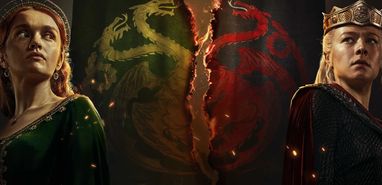
The HBO series concludes its second season with a monumental shift in the conflict between the Blacks and the Greens, leaving fans eagerly awaiting the next chapter.
The finale of HBO’s hit series, inspired by George R.R. Martin‘s Fire & Blood, leaves viewers on a cliffhanger filled with evolving alliances, unexpected betrayals, and shifting power dynamics. While many anticipated a dramatic clash between the Blacks and the Greens, the finale holds back on the explosive battle scenes, opting for a more strategic setup that hints at the intense conflict that awaits in the upcoming third season.
Directed by series veterans Sara Hess and Geeta Vasant Patel, House of the Dragon ends season two with a tension-filled yet subdued parallel to its beginning. Initially, Queen Helaena (Phia Saban) faced the harrowing choice of which child to save, setting the tone for the season’s emotional complexity. Now, it is Queen Regent Alicent (Olivia Cooke) who confronts a similar dilemma, highlighting the recurring theme of sacrifice for power. Previously, Daemon Targaryen (Matt Smith) was responsible for setting the tragic events in motion. Now, Rhaenyra (Emma D’Arcy), who once criticized her husband’s actions, acknowledges the necessity of these actions to secure the throne and bring peace to the realm.
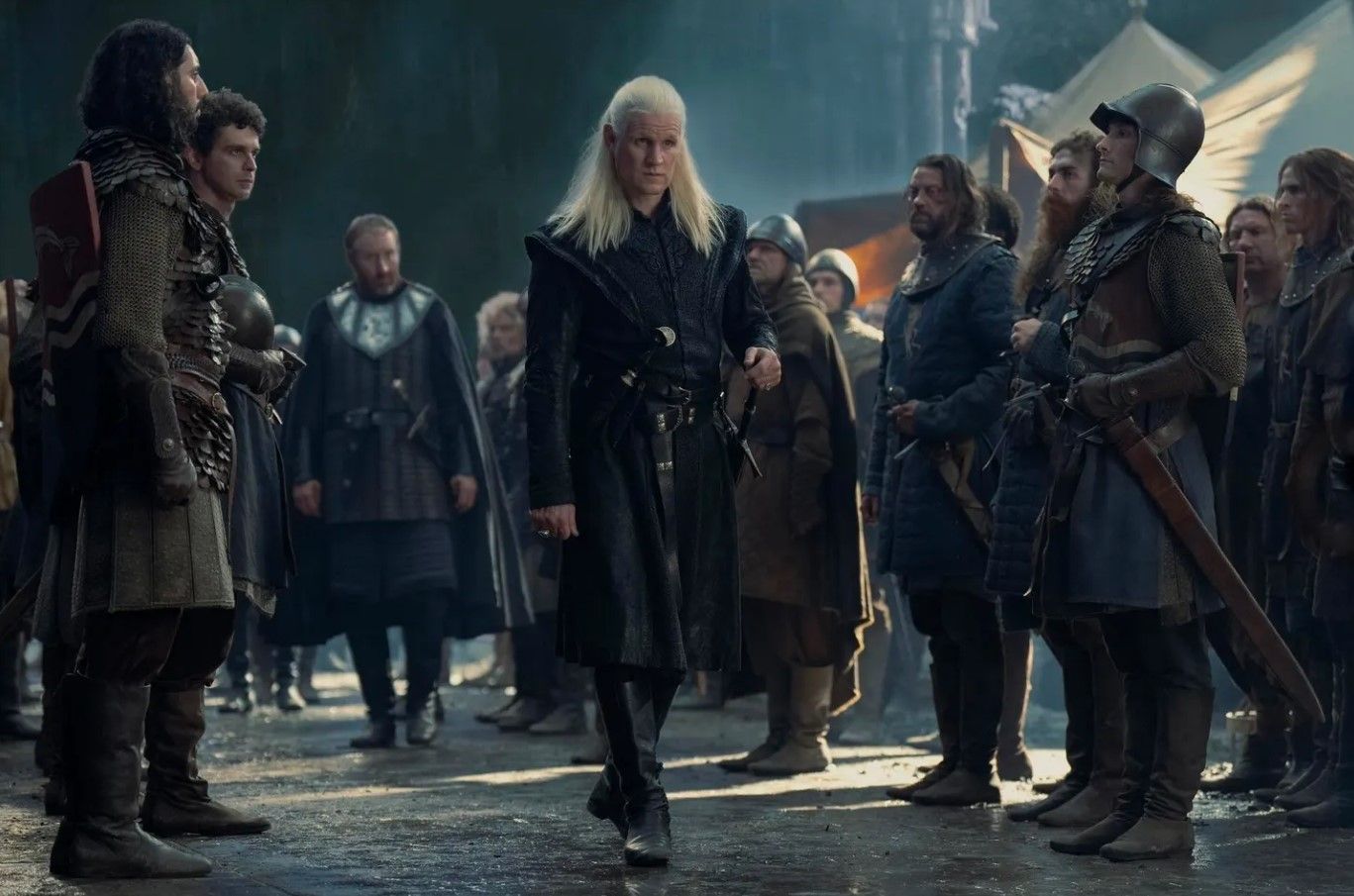
The closing scenes depict a tense confrontation between Rhaenyra and Alicent, reminiscent of their earlier encounter in King’s Landing. In this pivotal encounter, Alicent approaches Rhaenyra at Dragonstone, her former friend turned adversary. Frustrated by her son Aemond‘s (Ewan Mitchell) violent behavior and convinced of Rhaenyra’s potential, Alicent proposes a deal: visit King’s Landing in three days while Aemond is away, and the city will submit. Alicent only asks for the safety of herself, Helaena, her grandchild, and the scarred King Aegon (Tom Glynn-Carney).
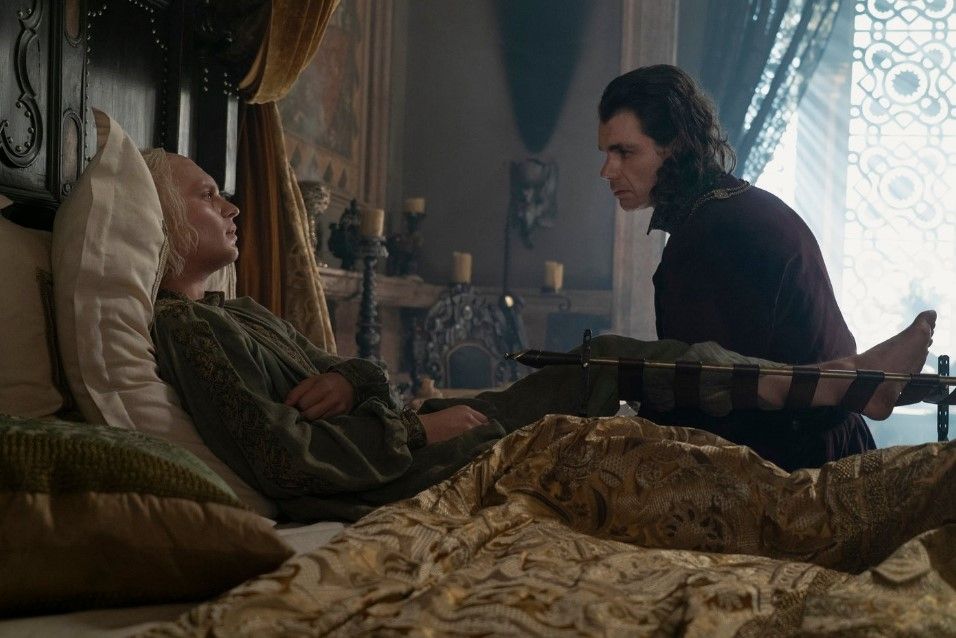
Rhaenyra hesitates at the proposal, stating she cannot restore order in King’s Landing without removing Aegon from power. Rhaenyra counters with her offer: Alicent can have her terms, but Aegon must be sacrificed. Despite her sorrow, Alicent agrees. This agreement, while different from the gruesome “Blood and Cheese” event, echoes the gravity of past decisions. The Targaryen factions once again march toward each other, unresolved as season two concludes.
The finale features a montage of different factions on the move, showcasing the expansive world-building that the series is known for. For Team Green, Aemond’s forces, including Jason Lannister (Jefferson Hall) and his bannermen, advance through the Riverlands. Meanwhile, Jason’s twin brother Tyland (also portrayed by Hall) returns from Essos with the pirate Sharako Lohar (Abigail Thorn) as an ally. Team Black counters with their presence in both regions, featuring the bannermen of House Tully, the Starks, and Corlys Velaryon (Steve Toussaint) with his illegitimate son Alyn (Abubakar Salim) at sea. In the Eyrie, Rhaena Velaryon (Phoebe Campbell), previously dragonless, now contemplates claiming one.
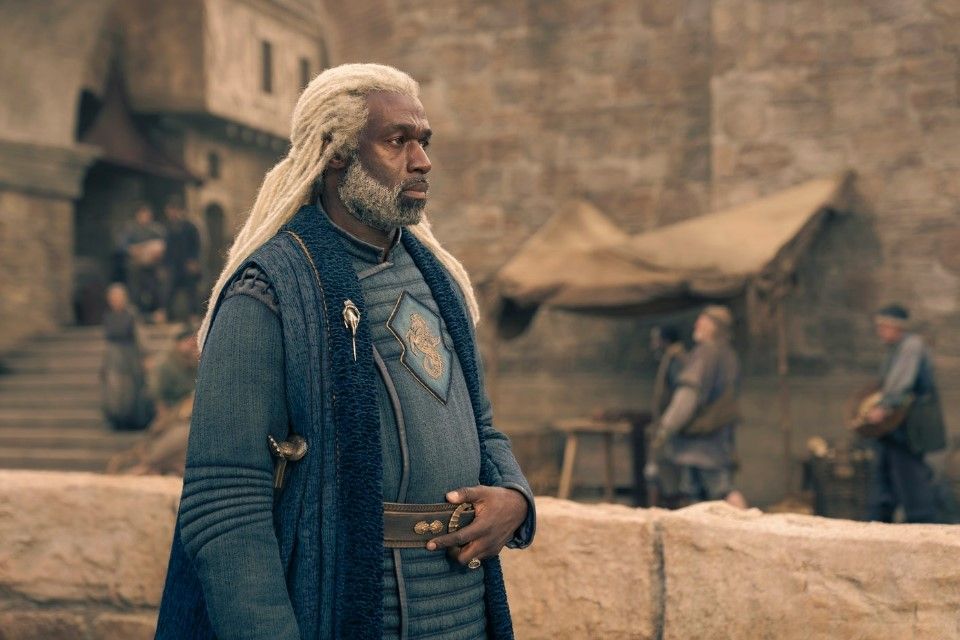
The military forces are balanced, yet leadership differences favor Rhaenyra. She has won over Alicent, unseated King Aegon, and eliminated her fiercest rival, Daemon. Throughout season two, Daemon experienced visions in Harrenhal pointing to his role in the prophetic A Song of Ice and Fire. The finale shows Daemon witnessing visions of the White Walker threat and a glimpse of Daenerys Targaryen (Emilia Clarke) and her dragons. These visions lead Daemon to fully support Rhaenyra’s claim.
With newfound allies and dragons, Rhaenyra’s return to King’s Landing seems inevitable in season three. However, given the unpredictable nature of the Game of Thrones universe, a happy ending is far from guaranteed. Fans can only speculate on the direction the story will take, but the foundation is set for a thrilling continuation of the saga.
Beyond the captivating narrative, the series’ success is also attributed to its rich character development and intricate political machinations. Rhaenyra’s evolution from a reluctant leader to a decisive ruler reflects the broader themes of power, loyalty, and betrayal that have defined the Game of Thrones franchise. The complex relationships between characters like Alicent and Rhaenyra add depth to the story, illustrating how personal vendettas and alliances shape the larger conflict.
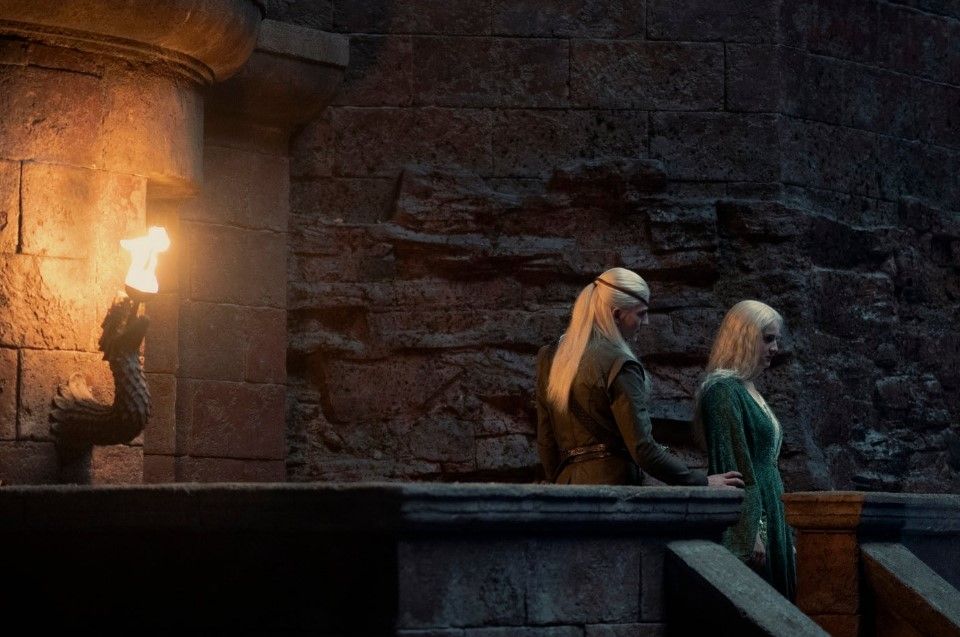
The show’s meticulous attention to detail, from the awe-inspiring dragon sequences to the stunning set designs, further immerses viewers in the world of Westeros. Each episode is crafted with a cinematic quality that elevates the storytelling, making it a visual feast for fans. The combination of compelling writing, exceptional performances, and breathtaking visuals ensures that House of the Dragon continues to captivate audiences worldwide.
As anticipation builds for the next season, viewers are left to ponder the fate of their favorite characters and the outcome of the looming war. Will Rhaenyra successfully reclaim her throne, or will unforeseen challenges arise? How will the shifting alliances impact the balance of power in Westeros? These questions linger, fueling excitement and speculation among fans eager to see how the story unfolds.
In conclusion, the finale of House of the Dragon masterfully sets the stage for the next chapter in this epic tale. With its rich storytelling, complex characters, and stunning visuals, the series continues to be a worthy successor to the Game of Thrones legacy. As we eagerly await the return of the show, one thing is certain: the world of Westeros remains as captivating and unpredictable as ever.






By Andrej Kovacevic
Updated on 5th August 2024